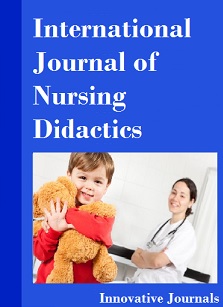Abstract
Background: Globally, depression is the most common mental health disorder and one of the main contributors to disabilities and impairment. It is regarded as a serious public health issue because of its steadily rising prevalence. Aim: The study aimed to assess correlation between ruminative thoughts and anxiety among depressed patients. Subjects and Method: The current study use descriptive correlation research design with sample of65 patients diagnosed with depression were admitted to the inpatient psychiatric departments of Mansoura University Hospital. Three tools were used; socio demo graphic characteristics and clinical sheet, Ruminative Response Scale (RRS), and Generalized Anxiety Scale (GAS). Results: The current study's findings showed that(55.4%) of the total age group is between 30-45 years, about two thirds of participants (61.5%) were female,(78.5%) of participants had low income, the residence of (67.7%) are in rural area and (66.4%) are single. While (40%) of the studied participant had moderate rumination and (50.8%)of them showed severe rumination. The prevalence of severe anxiety was (52.3%). Anxiety and ruminative thoughts are significantly correlated (P=.000). Additionally, a significant negative correlation was found between anxiety and reflection (p=.023). There was statistically significant positive correlation between anxiety and brooding rumination (p=.002). Anxiety and reflection rumination showed a negative, significant correlation (p=.023). Conclusion: Patients with depression were more likely to had ruminative thought. Anxiety and ruminative thought were positively associated. Recommendation: It is recommended that establish mindfulness program for patients with depression to control ruminative thinking and anxiety level.
